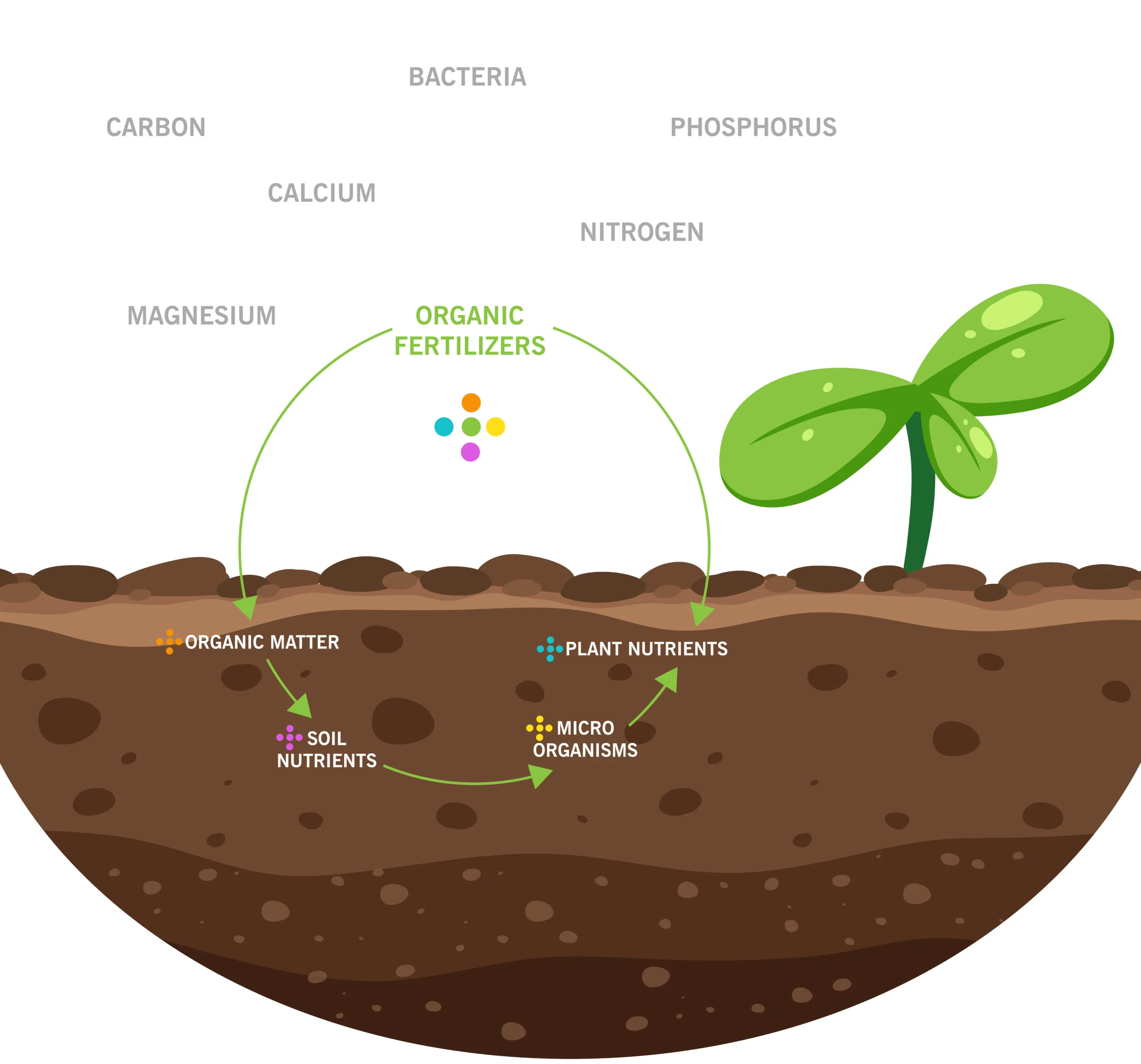The foundation of a flourishing ecosystem lies beneath our feet – in the soil. Soil health is a vital aspect of sustainable agriculture, influencing crop growth, water retention, and overall ecosystem stability. In recent years, scientists and agriculturists have been increasingly intrigued by the role of humic acids in enhancing soil health.
Understanding Soil Health:
Soil health goes beyond mere fertility. It encompasses the soil’s physical, chemical, and biological properties. Healthy soil promotes nutrient cycling, microbial activity, and proper water drainage. It forms the basis for resilient and productive agricultural systems.
The Role of Humic Acids:
Humic acids are organic compounds derived from the decomposition of plant and animal matter. They are a key component of humus, the organic fraction of soil. These acids contribute significantly to soil structure, water retention, and nutrient availability. As a result, they play a pivotal role in enhancing soil fertility.
Benefits of Humic Acids:
Improved Soil Structure: Humic acids aid in the formation of stable soil aggregates, enhancing soil structure and reducing erosion.
Nutrient Retention: These compounds have a high cation exchange capacity, allowing them to hold onto essential nutrients and release them gradually to plants.
Water Retention: Humic acids enhance the soil’s water-holding capacity, reducing the risk of drought stress for plants.
Microbial Activity: They promote the growth of beneficial microorganisms, fostering a healthy soil microbiome.
Application in Agriculture:
Farmers are increasingly recognizing the importance of humic acids in sustainable agriculture. From organic farming to conventional practices, incorporating humic acid-based amendments has shown positive effects on crop yields and overall soil health.
Challenges and Research Frontiers:
While the benefits of humic acids are evident, ongoing research is exploring optimal application methods, dosage, and long-term impacts. Understanding the interactions between humic acids and different soil types remains a focus for scientists.
The synergy between soil health and humic acids is a promising avenue for sustainable agriculture. As we continue to face challenges like climate change and food security, unlocking the potential of humic acids may offer valuable solutions for resilient and productive agricultural systems.




Great article Dr. Abi Ghanem!
Spot on perspective of Soil Health and value of Humate’s in a crop production system. Agree with the need for continued research on placement and dosage responses by crop & soil type.